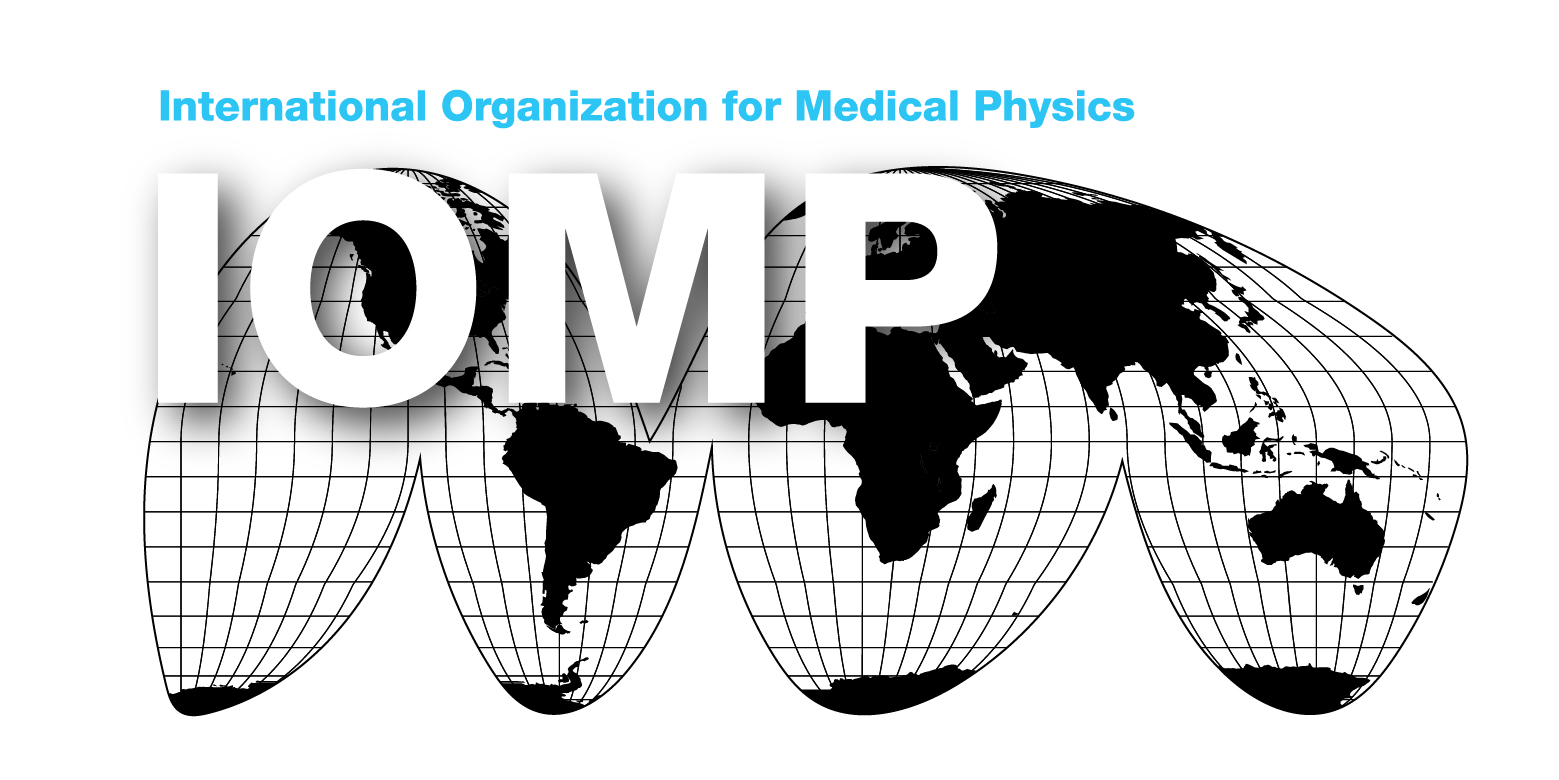Addressing patient’s questions in radiotherapy: What can medical physicists do?

Todd F. Atwood, PhD
Senior Associate Division Director, Transformation Clinical Physics
UC San Diego Health![]()
Developing patient-facing roles for medical physicists to advance patient care
Patients frequently view radiation therapy as a technically complex and convoluted medical specialty. Misconceptions about radiation and confusion surrounding treatment procedures often result in patients having questions about the technical aspects of their care (1). When these concerns are not adequately addressed, either in person or online (2), these circumstances can lead to patient-related distress which has been shown to negatively impact outcomes following radiation therapy (3).
Medical physicists are uniquely qualified to address patient questions and concerns related to the technical aspects of their care. The current training paradigm for medical physicists produces analytical patient-care professionals with a propensity for problem solving. This training also instills a comprehensive understanding of the science and technology that dominate the fields of diagnostic imaging and radiation therapy. By expanding this education and knowledge to also include formal training in patient communication (4), medical physicists can further advance their scope of practice to include new patient-facing responsibilities (5).
At our institution, the Physics Direct Patient Care Initiative was created to evaluate the impact of patient-facing roles for medical physicists. As part of the protocol, medical physicists establish independent professional relationships with patients to oversee and communicate all of the technical aspects related to the patient’s care (6). After attending a dedicated patient communication training program, a series of clinical trials were initiated where medical physicists had two sessions with patients for physicist-patient consults to describe the role of a medical physicist, explain the treatment planning and delivery process, review the patient’s treatment plan, and answer all technical questions. Initial studies related to the initiative have shown that physicist-patient consults are associated with low patient anxiety and high patient satisfaction (6), patient questions can be categorized to help others prepare for addressing patient concerns (7), and an accelerated patient communication training program for medical physicists can increase the participants’ level of confidence across multiple communication categories (8). As research in this field continues, medical physicists have an opportunity to reevaluate their contributions to radiation oncology, assess the needs of patients, and establish new roles and responsibilities to advance patient care.
References
- Zeguers M, de Haes HC, Zandbelt LC, et al. The information needs of new radiotherapy patients: how to measure? Do they want to know everything? And if not, why?. Int J Radiat Oncol Biol Phys. 2012;82(1):418-424.
- Byun J, Golden DW. Readability of patient education materials from professional societies in radiation oncology: Are we meeting the national standard? Int J Radiat Oncol Biol Phys. 2015; 91(5):1108-1109.
- Habboush Y, Shannon RP, Niazi SK, et al. Patient-reported distress and survival among patients receiving definitive radiation therapy. Adv Radiat Oncol. 2017; 2(2):211-219.
- Brown DW, Atwood TF, Moore KL, et al. A program to train medical physicists for direct patient care responsibilities. Journal of applied clinical medical physics 2018;19:332-335.
- Atwood TF, Brown DW, Murphy JD, Moore KL, Mundt AJ, Pawlicki T. Care for Patients, Not for Charts: A Future for Clinical Medical Physics. Int J Radiat Oncol Biol Phys. 2018; 100(1):21-22.
- Atwood TF, Brown DW, Murphy JD, Moore KL, Mundt AJ, Pawlicki T. Establishing a New Clinical Role for Medical Physicists: A Prospective Phase II Trial. Int J Radiat Oncol Biol Phys. 2018; 102(3):635-641.
- Atwood TF, Brown DW, Juang T, et al. A review of patient questions from physicist-patient consults. J Appl Clin Med Phys. 2020;10.1002/acm2.12942.
- Brown DW, Atwood TF, Juang T, Moore KL, MacAulay R, Bazzo D, Murphy JD, Mundt AJ, Pawlicki T. Evaluation of a Patient Communication Skills Training Program for Medical Physicists. Int J Radiat Oncol Biol Phys. 2020 Jul 23:S0360-3016(20)31447-4.

